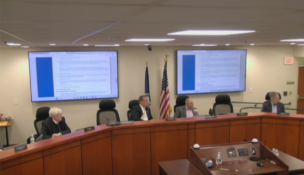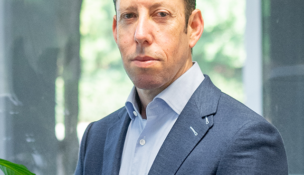VCU, UCLA research could lead to better computer memory storage
Research builds on magnetic storage concepts
Sydney Lake //June 30, 2020//
VCU, UCLA research could lead to better computer memory storage
Research builds on magnetic storage concepts
Sydney Lake //June 30, 2020//
Researchers at Virginia Commonwealth University and the University of California, Los Angeles (UCLA), released research findings Tuesday that could lead to more energy efficient memory storage for computers and other electronic devices.
Magnets are used for computer memory due to their “up” or “down” polarity. The magnetic state can be flipped to write or encode data and store information. This magnetic memory requires a lot of energy, however. But the skyrmion state that VCU and UCLA have discovered does not have “up-down” polarity, but rather is flower-shaped. Researchers say this allows for stronger and more energy-efficient storage for computers and smart devices.
“Our finding demonstrates the possibility of controlling skyrmion states using electric fields, which could ultimately lead to more compact, energy efficient nanomagnetic devices,” Dhritiman Bhattacharya, the VCU Engineering doctoral candidate working on the research, said in a statement.
The finding outlined in the paper, “Creation and annihilation of non-volatile fixed magnetic skyrmions using voltage control of magnetic anisotropy,” is “a stepping stone toward ultimately developing commercially viable magnetic memory based on this paradigm,” VCU engineering professor Jayasimha Atulasimha said in a statement. The paper authored by Bhattacharya, along with UCLA researchers Seyed Armin Razavi, Hao Wu, Bingqian Dai and Kang L. Wang was published in the journal Nature Electronics on Monday.
VCU researchers have been studying this concept for several years, and have shown that the skyrmion state could reduce errors in writing information to memory and make devices stronger against material defects and thermal noise. The VCU researchers hold a patent on this idea.
The joint VCU/UCLA research is funded by the National Science Foundation, the U.S. Department of Defense, the U.S. Department of Energy, VCU, UCLA and VCU’s C. Kenneth and Dianne Harris Wright Virginia Microelectronics Center.
-



















